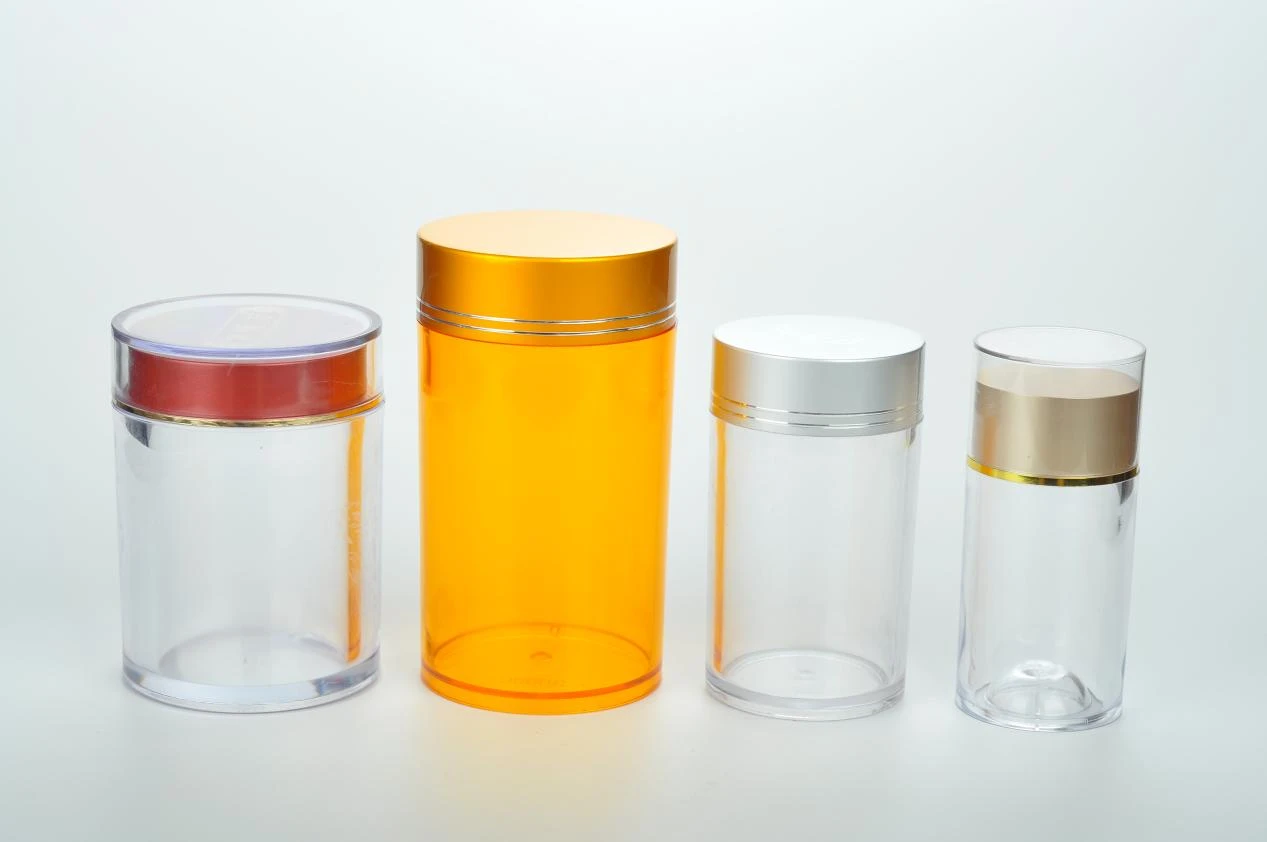Top Manufacturers of Prescription Bottle Solutions for the Pharmaceutical Industry
The Role of Prescription Bottle Manufacturers in Healthcare
In the world of pharmaceuticals, prescription bottle manufacturers play a critical role in ensuring the safe delivery and consumption of medications. These companies are essential not only for the production of the containers that hold our medications but also for ensuring compliance with safety regulations, enhancing patient adherence, and fostering brand identity for pharmaceutical companies.
Importance of Quality and Safety
First and foremost, the primary responsibility of prescription bottle manufacturers is to produce high-quality packaging that can effectively protect its contents. Prescription bottles must be tamper-proof and child-resistant to mitigate the risks associated with accidental ingestion of medication by children. This is particularly important given the increasing number of prescription drugs available in households. Manufacturers must adhere to stringent regulations set forth by organizations such as the Food and Drug Administration (FDA) in the United States and similar regulatory bodies worldwide.
Different pharmaceuticals often require different types of materials based on their chemical composition. For instance, light-sensitive medications necessitate opaque containers, while moisture-sensitive prescriptions might require specialized sealing technologies. Therefore, understanding the specific needs of various medications is crucial for manufacturers to produce effective packaging solutions.
Enhancing Patient Adherence
Another vital aspect of prescription bottle manufacturing is the design of the containers. Thoughtful design can significantly influence patient adherence to medication regimens. Prescription bottles that are easy to open or feature clear labeling can help ensure that patients take their medications as prescribed. Innovations such as built-in medication reminder systems, smart caps that track dosing, and clear, easily readable labels can all improve patient habits.
In addition to physical design, prescription bottle manufacturers must also consider the psychological impact of packaging. Use of bright colors and attractive designs can often make a bottle more visually appealing, which can be beneficial in encouraging patient engagement. Furthermore, clear instructions and icons on labels can provide immediate understanding and reassurance, fostering confidence among patients about their medications.
prescription bottle manufacturers

Environmental Considerations
With the increasing emphasis on sustainability, prescription bottle manufacturers are also facing pressures to adopt environmentally friendly practices. The production and disposal of plastics raise significant concerns regarding environmental impact. Many manufacturers are exploring alternatives, such as biodegradable materials or recyclable plastics, to reduce the ecological footprint of their products. Using materials that can be recycled or repurposed can lead to a more sustainable practice within the pharmaceutical industry, which not only benefits the environment but can also enhance the brand image of pharmaceutical companies.
Customization and Branding
Prescription bottle manufacturers also provide opportunities for customization, allowing pharmaceutical companies to differentiate their products in a competitive market. Custom labeling, colors, and bottle shapes can help build brand identity and recognition. This is particularly important in an industry where medication errors can have serious consequences. A distinct bottle that is easily recognized by both patients and healthcare providers can reduce the likelihood of accidental overdosing or medication mix-ups.
Furthermore, the evolution of digital technology has introduced additional avenues for customization. Manufacturers can now create interactive labels that include QR codes. When scanned, these can direct patients to additional information about their medication, dosage instructions, side effects, and other essential details. This seamless integration of technology into medication packaging helps improve communication between healthcare providers and patients.
Conclusion
In summary, prescription bottle manufacturers are vital contributors to the healthcare system, significantly impacting medication safety, patient adherence, environmental considerations, and branding. As the pharmaceutical industry continues to evolve with advancements in technology and sustainability, the role of these manufacturers will undoubtedly expand. By prioritizing quality, innovation, and patient-centered design, prescription bottle manufacturers can continue to ensure that patients receive their medications safely and effectively, ultimately contributing to better health outcomes. Their role is not merely to create a vessel for medications but to enhance the overall experience of medication management in our daily lives. With the ongoing advancements in materials and design, the future looks promising for the prescription bottle manufacturing industry as it seeks to address both healthcare challenges and patient needs.
-
Aesthetic Makeup Spray Bottles | Fine Mist Empty RefillableNewsAug.19,2025
-
White Plastic Veterinary Vaccine Vials | Lab Liquid BottlesNewsAug.18,2025
-
Plastic Medicine Liquid Bottle: Secure Flip Top Drug VialsNewsAug.17,2025
-
Durable 250ml Blue Plastic Vaccine Vial for Lab & Vet UseNewsAug.16,2025
-
Sterile Virus Sample Tubes: Secure & Reliable Specimen CollectionNewsAug.15,2025
-
White 250ml Plastic Vaccine Vial for Lab & Vet MedicineNewsAug.14,2025
























